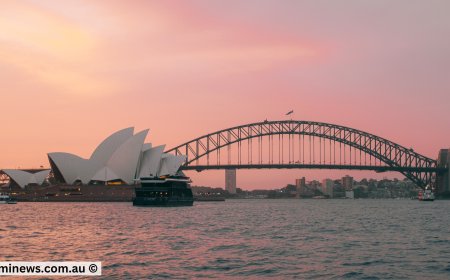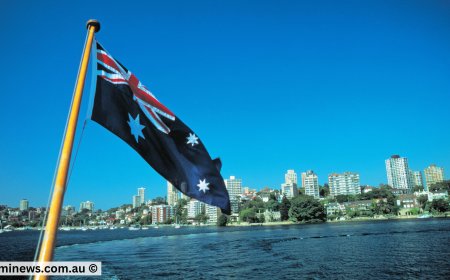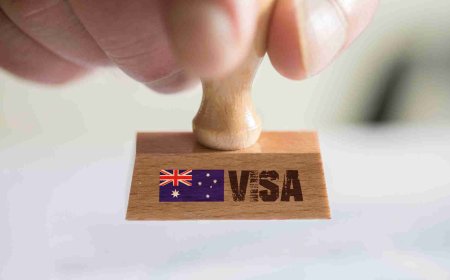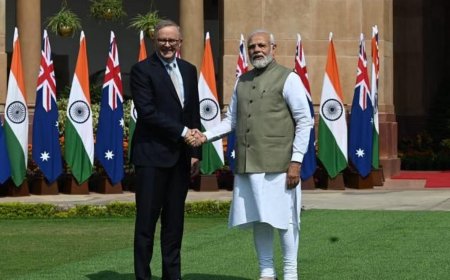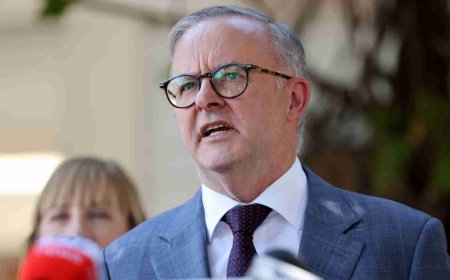The significant increase in international student visa fees in Australia has led many current and prospective students to rethink their plans. As of July 1, the visa application fee has more than doubled, jumping from $710 to $1,600.
This sharp rise has caused hesitation among potential students, who are now exploring other study destinations. One student from China expressed concerns about the cost and cultural fit, considering alternatives in Hong Kong and Europe. She highlighted that the proximity and cultural similarities of Hong Kong make it a more appealing option.
A single mother from Bhutan, currently supporting her children through TAFE in Australia, also voiced concerns. She cited the high cost of living, including accommodation and inflation, as significant challenges. She mentioned that if she had to decide today, she would only be able to afford one child's visa due to the increased costs.
A student preparing for a master's degree in information technology at the University of Canberra worried about future students from her country, noting that the fee hike might push them to consider other countries like the UK or Canada.
Despite these concerns, the federal government stated that the additional revenue from increased fees would fund critical reforms, including reducing graduate debt and providing financial support for apprentices. These reforms aim to enhance the integrity of the international education system.
However, experts predict that the higher fees will reduce the number of international students, which will impact the Australian economy. International students contribute significantly, with over 740,000 students adding more than $47 billion to the economy as of March.
The changes also affect current students, with some reconsidering their study plans due to the high costs. A Brazilian student mentioned that he might cancel his plans to switch degrees because of the expense. Another student from China felt that the fee increase signaled a lack of welcome for international students, potentially affecting Australia's appeal as a study destination.
A student from Vietnam, excited to study a master's in communication at Flinders University, expressed concerns about the impact on future students from her country and the uncertainty surrounding post-graduation work opportunities. The end of the two-year extension for graduate visa holders for select degrees added to this uncertainty.
Overall, the substantial increase in visa fees is prompting many international students to explore other countries for their education and future careers.

 Like
0
Like
0
 Dislike
0
Dislike
0
 Love
0
Love
0
 Funny
0
Funny
0
 Angry
0
Angry
0
 Sad
0
Sad
0
 Wow
0
Wow
0
